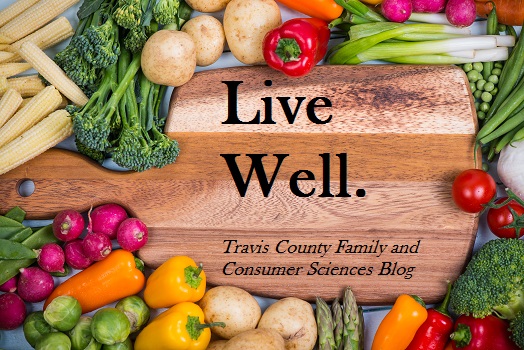By: Amanda Schroeder
We hear so much about calories that, for some, it’s easy to imagine them as little cheerleaders traveling through our bodies with their little pompoms, encouraging weight gain. Fortunately, that is not the case! Technically, calories are units of measurement, just like inches or liters. Calories measure energy. Specifically, 1 calorie is equal to the amount of energy required to raise 1 kg of water by 1 degree Celsius. Crazy, right?
Our bodies both expend and require energy constantly. I am burning about 50 calories every thirty minutes just by typing this post! But, even if you lay in bed all day and didn’t move a muscle, your body would still use energy for involuntary processes, like breathing, maintaining your heartbeat, and digestion. About 20% of all of the energy used in our bodies is used by our brains alone! Since energy is constantly being used, it is our responsibility to replenish the calories lost. Imagine that your body has a bank account. Let’s say, for example, you need to walk up the stairs. A 160 pound person will expend about 9 calories per minute doing this. If you don’t have 9 calories in your bank account to give, your body’s performance will suffer and you may not even be able to complete the task.
So, you might be thinking, “I love when I have extra money in my bank account! Should I make sure I have extra calories too?” Your body thinks that as well! When we consume more calories than we use, our bodies store this energy in the form of body fat. Your body is inclined to save, just in case you are unable to reach your calorie goals in the future. This process is very beneficial in places where food is sometimes scarce. In this country, though, most of us are fortunate enough to have an adequate food supply. In fact, more than ⅔ of adults in the U.S. are overweight or obese. Our bank accounts are overflowing! (And not in a good way!)
What can you do about this? How many calories should you eat? If you consume around the same amount of calories as you use each day, your weight should remain pretty stable. If you are looking to gain weight, you’ll need to consume more calories than you use and, as you might have expected, losing weight requires that you consume fewer calories than you use. The amount of calories expended each day is different for each of us, depending on factors like height, weight, age and sex. According to the 2015-2020 Dietary Guidelines for Americans, adult females require anywhere from 1,800-2,000 calories per day and adult males require around 2,400-2,800.
If you are looking to alter your weight, whether that be to gain or lose it, the first thing you should do is start a food and activity diary. The Supertracker is a great tool to help you do that. (Click here to create your profile!) Once you’ve entered your pertinent information, it will give you personalized daily caloric goals. From there, you can log any foods or drinks that you consume and all of your daily physical activity and it will show you how you’re doing. It’s that easy! You can even set weight or fitness goals for yourself and track them there as well.
With the exception of those with certain health conditions, losing weight is a math problem; if you consume fewer calories than you use, you will lose weight, and vice versa. But, calories are not the enemy! They should definitely not be avoided, but be balanced, as they are absolutely vital to all processes in our bodies. Maintaining a healthy caloric balance is the first step in creating an overall healthier you!
Want to see for yourself? Take a look at the 2015-2020 Dietary Guidelines for Americans to learn how you can make healthier choices every day.
References:
- http://www.medicalnewstoday.com/articles/263028.php
- http://health.gov/dietaryguidelines/2015/guidelines/
- http://www.livestrong.com/article/301539-calories-burned-climbing-one-flight-of-stairs/
- http://www.livestrong.com/article/308292-calories-burned-during-typing/
- http://www.medicalnewstoday.com/articles/245588.php
- https://www.nih.gov/news-events/news-releases/nih-body-weight-planner-added-usda-supertracker-food-activity-tool
